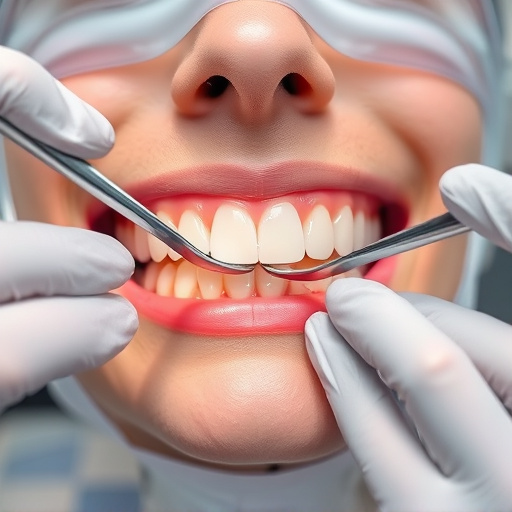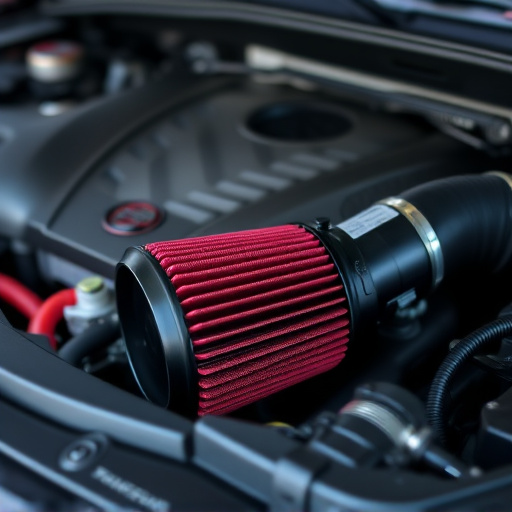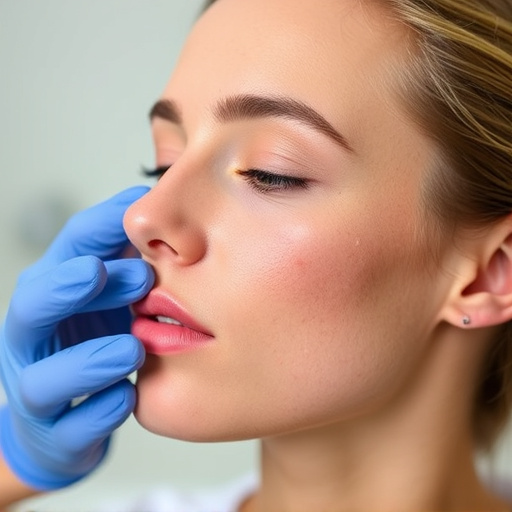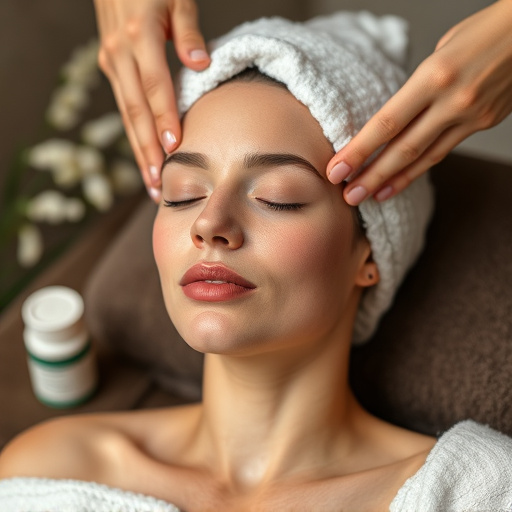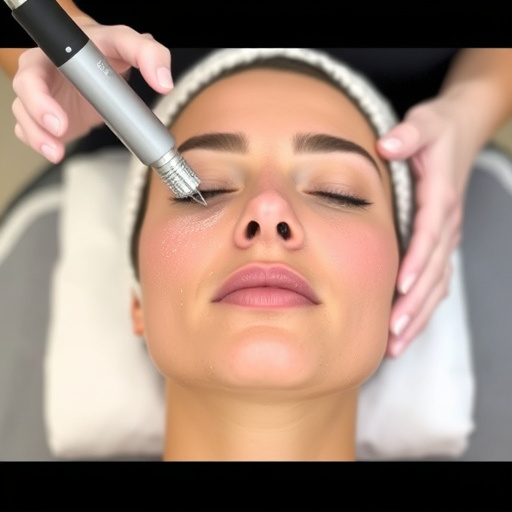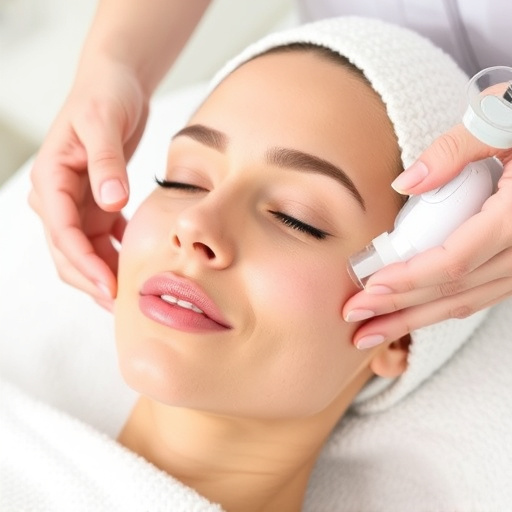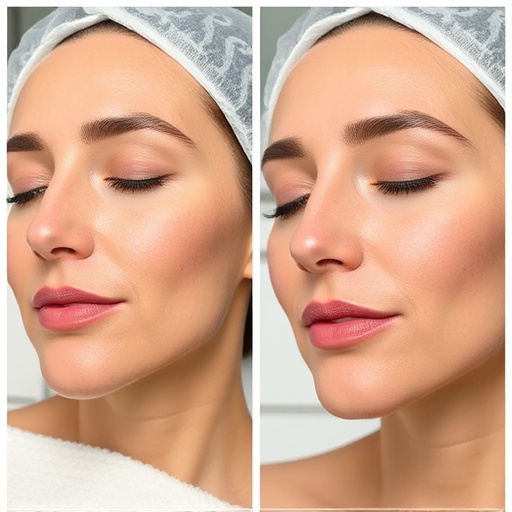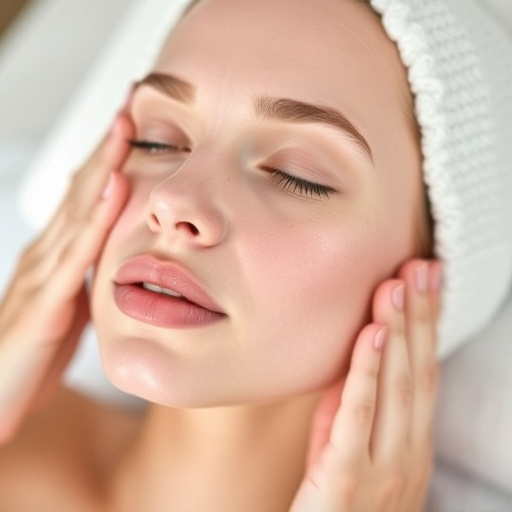Hormonal acne, though often overlooked in adults, affects both men and women due to hormone fluctuations and androgens. Modern treatments, like oral contraceptives and targeted medications, monitored by dermatologists, can significantly improve skin appearance and texture. Professional skincare regimens featuring customized facials and advanced spa services are crucial for managing current breakouts and preventing future occurrences, ultimately achieving clearer, healthier skin through hormonal acne treatment.
Debunking Myths About Hormonal Acne Treatment: A Comprehensive Guide
Hormonal acne is a common yet often misunderstood skin concern, surrounded by various misconceptions. In this article, we aim to dispel popular myths and provide a clear understanding of effective treatments. We’ll explore the science behind hormones and acne breakouts, offering insights that challenge common beliefs. From medical options like birth control pills and spironolactone to non-pharmaceutical strategies, we’ll guide you through personalized care. Discover why seeking professional advice is crucial for a tailored hormonal acne treatment plan that addresses your unique needs.
- Debunking Common Misconceptions About Hormonal Acne Treatment
- – Addressing the myth: Hormonal acne is just a phase
- – Explaining the connection between hormones and acne breakouts
Debunking Common Misconceptions About Hormonal Acne Treatment
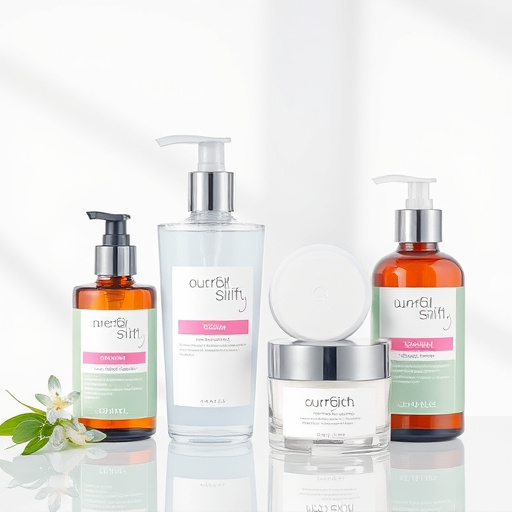
Many people hold onto misconceptions about hormonal acne treatment, often deterring them from seeking effective solutions for their skin concerns. It’s crucial to dispel these myths to understand the reality and potential of this type of treatment. One common misunderstanding is that hormonal acne treatment is only suitable for women; however, both men and women can experience acne related to hormone fluctuations. Androgens, present in higher levels in males, can contribute to a significant rise in acne severity.
Another misconception revolves around the idea that hormonal acne treatment is risky or has severe side effects. While it’s true that any medical intervention carries some risks, modern hormonal acne treatments are carefully monitored and tailored to individual needs by professional dermatologists. These facial treatments often involve a combination of oral contraceptives and other medications designed to regulate hormones, aiming for clear, healthy skin without significant body contouring changes. Relying on a professional skincare regimen can significantly improve the appearance and texture of your skin, boosting confidence and self-esteem.
– Addressing the myth: Hormonal acne is just a phase
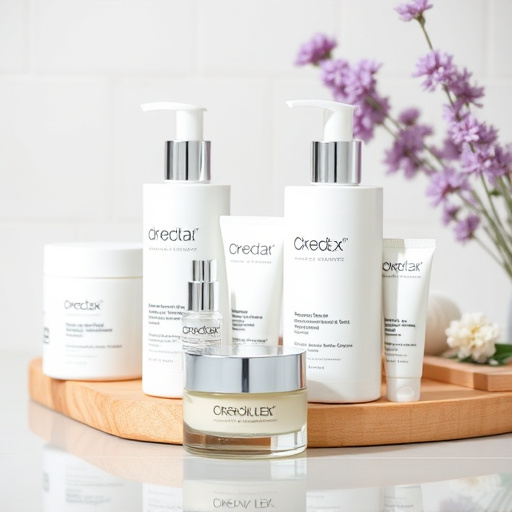
Hormonal acne is often dismissed as a temporary phase, especially during adolescence, but it’s crucial to understand that it’s a real and significant skin concern for many individuals. This misconception can lead to delays in seeking effective hormonal acne treatment. Acne caused by hormonal fluctuations isn’t just a fleeting issue; it can persist well into adulthood and significantly impact self-esteem. Professional skincare experts emphasize that addressing this type of acne requires tailored strategies, often involving customized facials and advanced medical spa services designed to target the root causes.
While some may consider it a phase, hormonal changes play a significant role in skin health, and ignoring this aspect can result in prolonged and more severe breakouts. Timely intervention through specialized treatments can help manage and prevent future outbreaks, ensuring clearer, healthier skin.
– Explaining the connection between hormones and acne breakouts
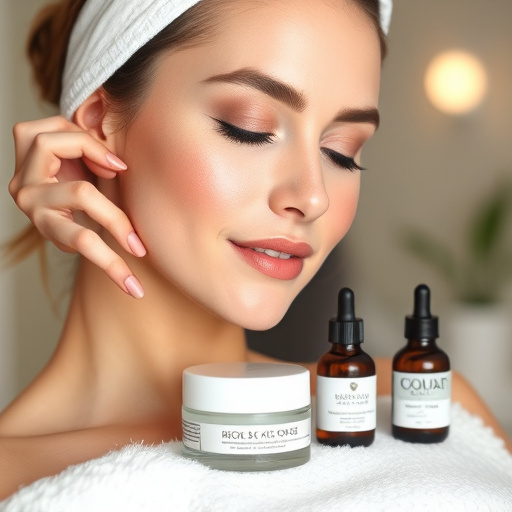
Acne is often associated with excess sebum production, but its root cause is actually a complex interplay between hormones and skin cells. Our skin’s sebaceous glands are influenced by hormonal signals, primarily from androgens like testosterone. During puberty and pregnancy, for instance, rising hormone levels can stimulate these glands, leading to increased oil production. This surplus oil can then trap skin cells, forming plugs that block pores and lead to acne breakouts.
Understanding this hormonal component is crucial when considering hormonal acne treatment. While it may seem counterintuitive, regulating hormones can be an effective strategy for managing severe or chronic acne. Treatments like birth control pills, spironolactone (a diuretic with anti-androgen properties), and even certain types of skin care products designed to balance hormone levels, can all contribute to improving skin health and reducing acne scars. Additionally, procedures such as dermatological extractions and advanced treatments like LED therapy or laser resurfacing can target both surface impurities and deeper skin issues related to hormonal imbalances, promoting a clearer, healthier complexion.
Understanding the truth behind hormonal acne treatment is crucial for effectively managing skin issues. By debunking myths, such as believing it’s just a phase, we can empower individuals to make informed decisions. The connection between hormones and acne breakouts highlights the need for tailored treatments, ensuring clear and healthy skin. Remember, seeking professional guidance on hormonal acne treatment is essential for achieving long-lasting results.




